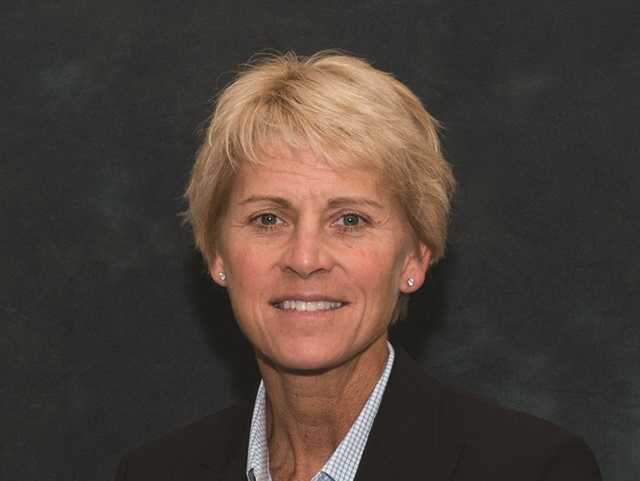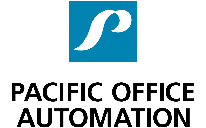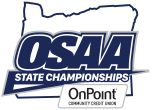
As state associations have been developing plans for a safe return to high school sports, the NFHS and other national organizations have been working overtime to preserve opportunities for millions of students in the performing arts during the COVID-19 pandemic.
Last week, the NFHS and more than 125 performing arts organizations released the second round of results of an aerosol study during a webinar hosted by the NFHS and attended by more than 2,500 performing arts educators and others.
This one-of-a-kind study led by the NFHS and the College Band Directors National Association (CBDNA) has demonstrated that with proper mitigation efforts, schools can continue to offer music, speech, debate and theatre for the more than four million high school students involved in these programs.
While schools are returning to in-person learning in many areas around the country, research has been lacking on ways to design a classroom to lessen the risk of spreading the virus. This unprecedented study by the NFHS, CBDNA and others demonstrates ways that schools can continue to offer valuable arts programs in classrooms by implementing distinct mitigation plans.
In addition to music participants wearing masks, using a specific quality of bell cover for instruments and maintaining 6 feet of distance between students, the study showed that rehearsals should be limited to 30 minutes and that HEPA filters should be used to improve clean air flow in rooms.
Outdoor activities, such as marching band rehearsals, achieve optimal air flow; and utilizing masks, bell covers and social distancing, provides a better option. As a result of the study, it is recommended that when practicing outdoors, players should stop for about five minutes after each 30-minute segment to allow the aerosol to disperse.
The complete study is available on the NFHS website and provides invaluable information as schools re-open and decisions are made about the viability of continuing performing arts programs amid the COVID-19 pandemic. Because singing or playing an instrument produces elevated aerosol production, there has been a concern that these programs could not be continued.
Thanks to the efforts of Dr. James Weaver, director of performing arts and sports with the NFHS, and Dr. Mark Spede, director of bands at Clemson University and CBDNA president, who spearheaded this research, this data shows that with effort, commitment and willingness to adapt on the part of schools, students can continue to be involved in performing arts programs this year.
Unfortunately, we have heard of some schools – faced with budget concerns due to financial strains from the pandemic coupled with incomplete information about how to offer these programs without spreading the virus – possibly eliminating these so-called “extracurricular” activities.
These programs – speech, debate, music, theatre – are, in fact, “cocurricular” in that they continue and complete the work done in the classroom – the other half of education. Not only should they be retained by schools, the results of the aerosol study show that if schools are in session, these activities can be safely conducted by implementing a mitigation strategy focused on Masks-Distance-Time-Air Flow-Hygiene.
Similar to sports, competing on the debate team or playing in the marching band or acting on stage as a part of the theatre team help students develop critical-thinking skills. They also learn to be better communicators and tend to be good listeners – qualities that are essential for success in life and in their chosen careers.
Like their counterparts in athletics, many participants in performing arts lost opportunities for state championship competition last spring when schools were shut down due to the pandemic. Although online showcases and festivals were held in some states, students – and coaches, teachers and directors – are hoping to return to the auditoriums, concert halls and stages this fall.
Short-term, we encourage schools to utilize suggestions from the aerosol study to offer these programs this school year. Long-term, we urge school boards and communities to embrace performing arts programs and keep them alive in our nation’s schools.
Dr. Karissa L. Niehoff is starting her third year as executive director of the National Federation of State High School Associations (NFHS) in Indianapolis, Indiana. She is the first female to head the national leadership organization for high school athletics and performing arts activities and the sixth full-time executive director of the NFHS, which celebrated its 100th year of service during the 2018-19 school year. She previously was executive director of the Connecticut Association of Schools-Connecticut Interscholastic Athletic Conference for seven years.










